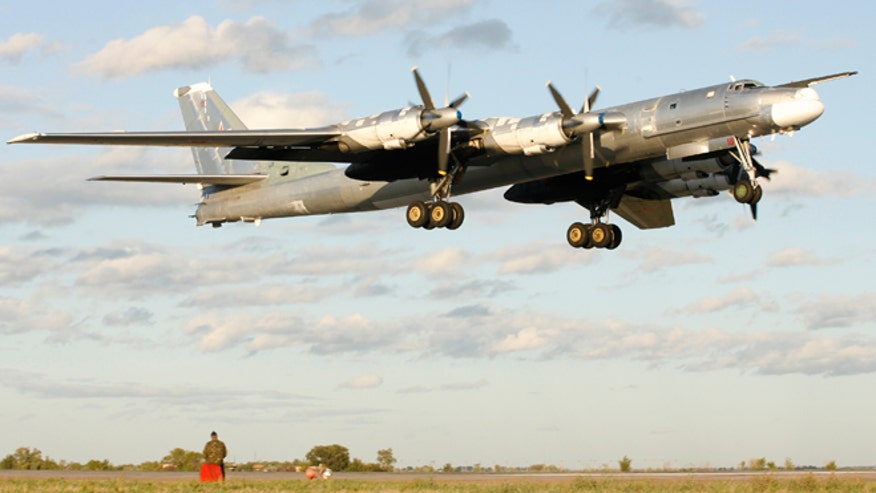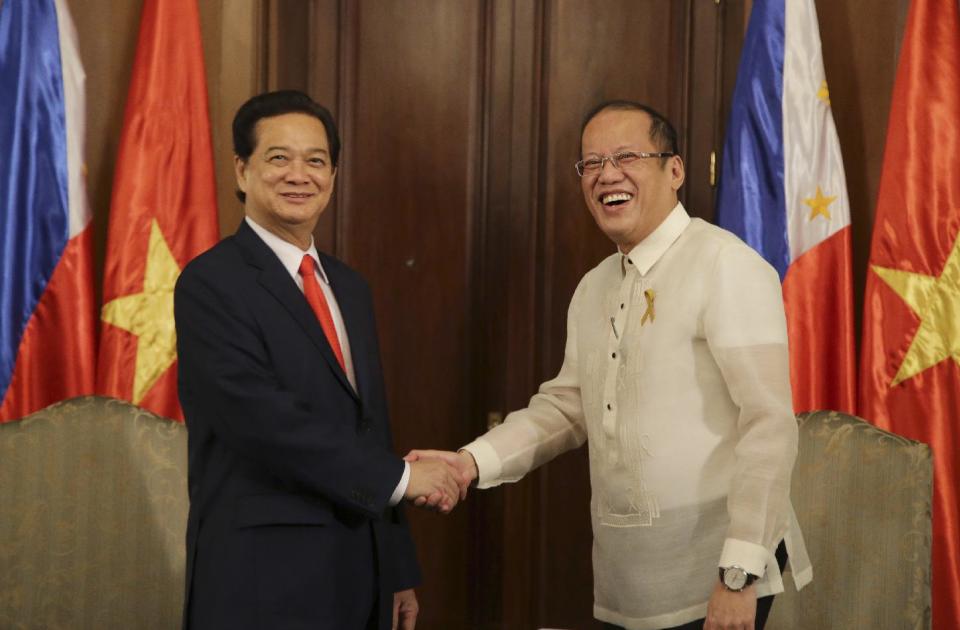The U.S. military may soon begin using long-range surveillance drones to spy on North Korea and China.
Over the past
week, the U.S. Air Force stationed two unarmed Global Hawk drones at
Misawa Air Base in northern Japan. The first drone touched down on May
24, Air Force officials said in a statement.
The two
drones
are expected to remain in Japan until October, after which they will
return to an American military base on the island of Guam in the western
Pacific Ocean, according to Air Force officials. Lt. Gen. Sam
Angelella, commander of U.S. Forces Japan, refused to discuss specific
details of the clandestine drone operations in the Pacific, but said the
Global Hawk's "capabilities are well known," reported the AP.
Global Hawk drones can fly at altitudes of more than 60,000 feet (18,300
meters), and are considered the Air Force's most advanced surveillance
vehicles. The long-distance drones also boast impressive aerial
endurance, and can perform flights that last more than 28 hours.
The planes are equipped with a range of instruments, including infrared
sensors and satellite communication systems. The robotic flyers, which
can provide near real-time imagery, are capable of surveying 40,000
square miles (103,000 square kilometers) of ground in one day.
A Global Hawk drone was previously used in the region to assist with disaster relief efforts in the wake of the
9.0-magnitude Tohoku earthquake and subsequent tsunami that devastated northeastern Japan in 2011
"The Global Hawk was requested to support relief efforts within 48
hours of the disaster, prompting crews to prepare and launch aircraft
only nine hours after official notification," Air Force officials said
in a statement.
The drone flew over the Tohoku region and
identified open roads and emergency landing zones for first responders.
The plane's long-range and infrared cameras snapped more than 3,000
images of the earthquake- and tsunami-ravaged area.
NASA uses a version of the Global Hawk drones to peer inside hurricanes
and tropical storms. The unmanned aircraft help scientists study the
life cycles of extreme weather events, and enable researchers to develop
more accurate models of these storms.










 https://www.blogger.com/blogger.g?blogID=49682732471880327#editor/target=post;postID=1551440270116920928
https://www.blogger.com/blogger.g?blogID=49682732471880327#editor/target=post;postID=1551440270116920928 






 The Los Angeles-class, fast attack submarine USS Hampton (C) sits moored
alongside the submarine tender USS Frank Cable (L) during a visit to
Hong Kong on May 17, 2011. China is researching and deploying systems to
fight U.S. submarines
The Los Angeles-class, fast attack submarine USS Hampton (C) sits moored
alongside the submarine tender USS Frank Cable (L) during a visit to
Hong Kong on May 17, 2011. China is researching and deploying systems to
fight U.S. submarines









 Russia's President Vladimir Putin (R) and China's President Xi Jinping review an honour guard …
Russia's President Vladimir Putin (R) and China's President Xi Jinping review an honour guard …











